Finch director talks his post-apocalyptic movie starring Tom Hanks
Exclusive: We talk to Miguel Sapochnik about his new sci-fi movie Finch
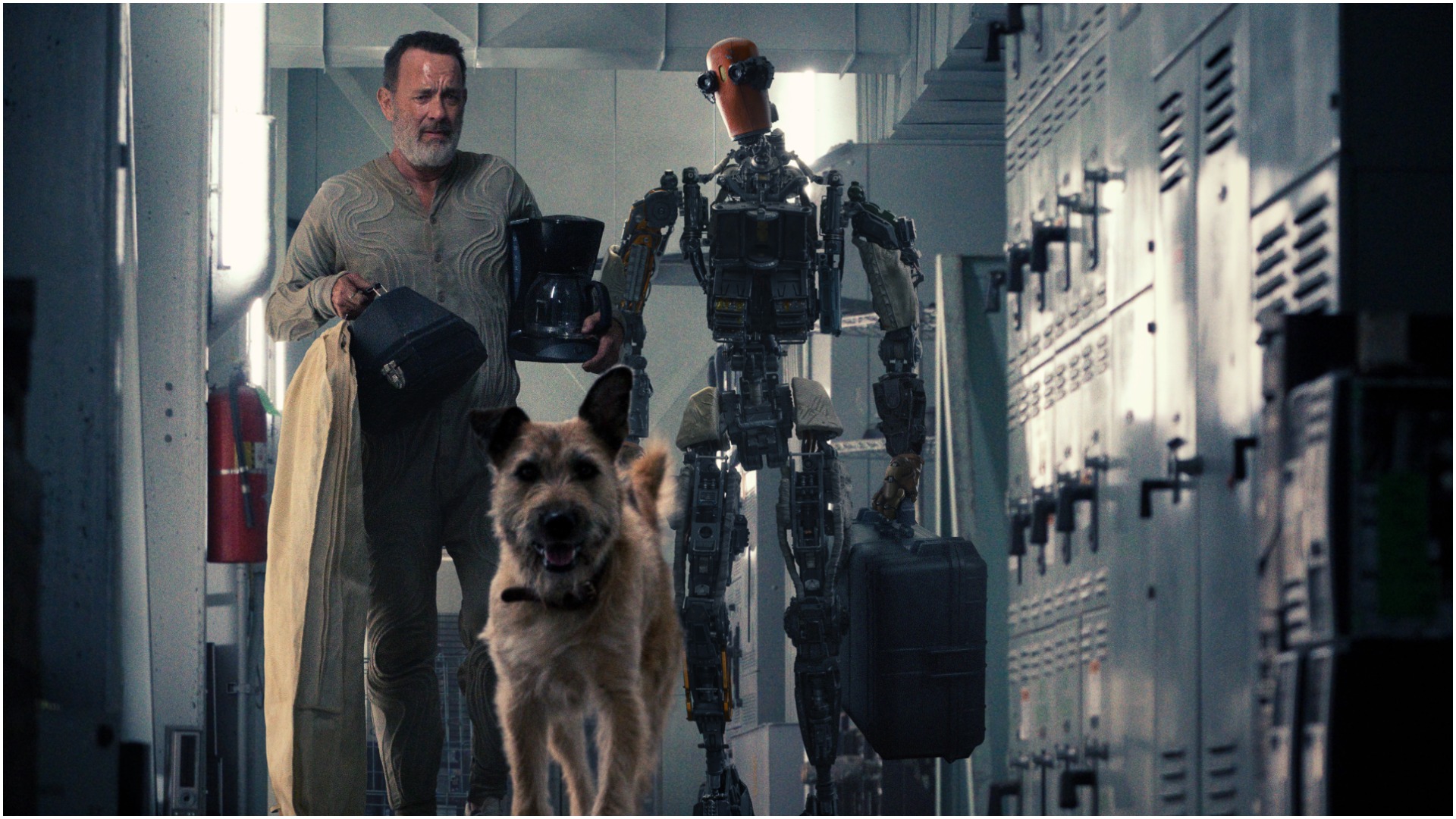
Finch, directed by Miguel Sapochnik, is a glimpse into a devastating future. The film focuses on a desolate Earth ravaged by a solar flare that has ripped holes in the ozone layer and destroyed much of the planet's infrastructure. Amid the carnage, Tom Hanks' Finch lives alone with his dog Goodyear and a small (and adorable) robot which accompanies him on his dangerous travels in the outside world.
But Finch isn't going to be around forever, so he sets about building another robot: Jeff (voiced by Caleb Landry Jones, who also performs the motion capture). This creation is tasked with looking after Goodyear when Finch is gone, but first, the robot has to learn how to live. Together, Finch, Goodyear, and Jeff set off on a poignant cross-country journey in search of safety.
We sat down with Sapochnik to talk about the movie – and also touched on the upcoming Game of Thrones prequel House of the Dragon, which Sapochnik is co-showrunning. Check out our conversation below, edited for length and clarity.
GamesRadar+: Finch has some really beautiful themes about life and living. How did you balance the bleakness of the post-apocalyptic situation with the more life-affirming elements?
Miguel Sapochnik: It was one of the biggest challenges I think I've ever faced as a filmmaker, to do something life-affirming. Because I think when you're younger and you're doing movies, we tend towards the darker subject matters, and they're not so hard to do. We can all go dark, but it's quite hard to do light, it's quite hard to do sweet, it's quite hard to genuinely find a way to tell something that's hopeful. I think it's almost like a smaller target that you're aiming for. And then, when you hit it, there's something really deeply satisfying about it.
I have an eight-and-a-half-year-old, and she doesn't like dark stuff at all. I forced her to watch Finch, and she did – she kept running outside, and she went all the way through it, and then she cried her eyes out at the end… And as a result, I found that I've been watching a lot [more] life-affirming movies than I've ever wanted to. And I've turned into a bit of a softy probably. So yeah, it was a challenge. I'm really glad that I've done it. I would definitely be very careful about choosing to do it again. [Laughs]
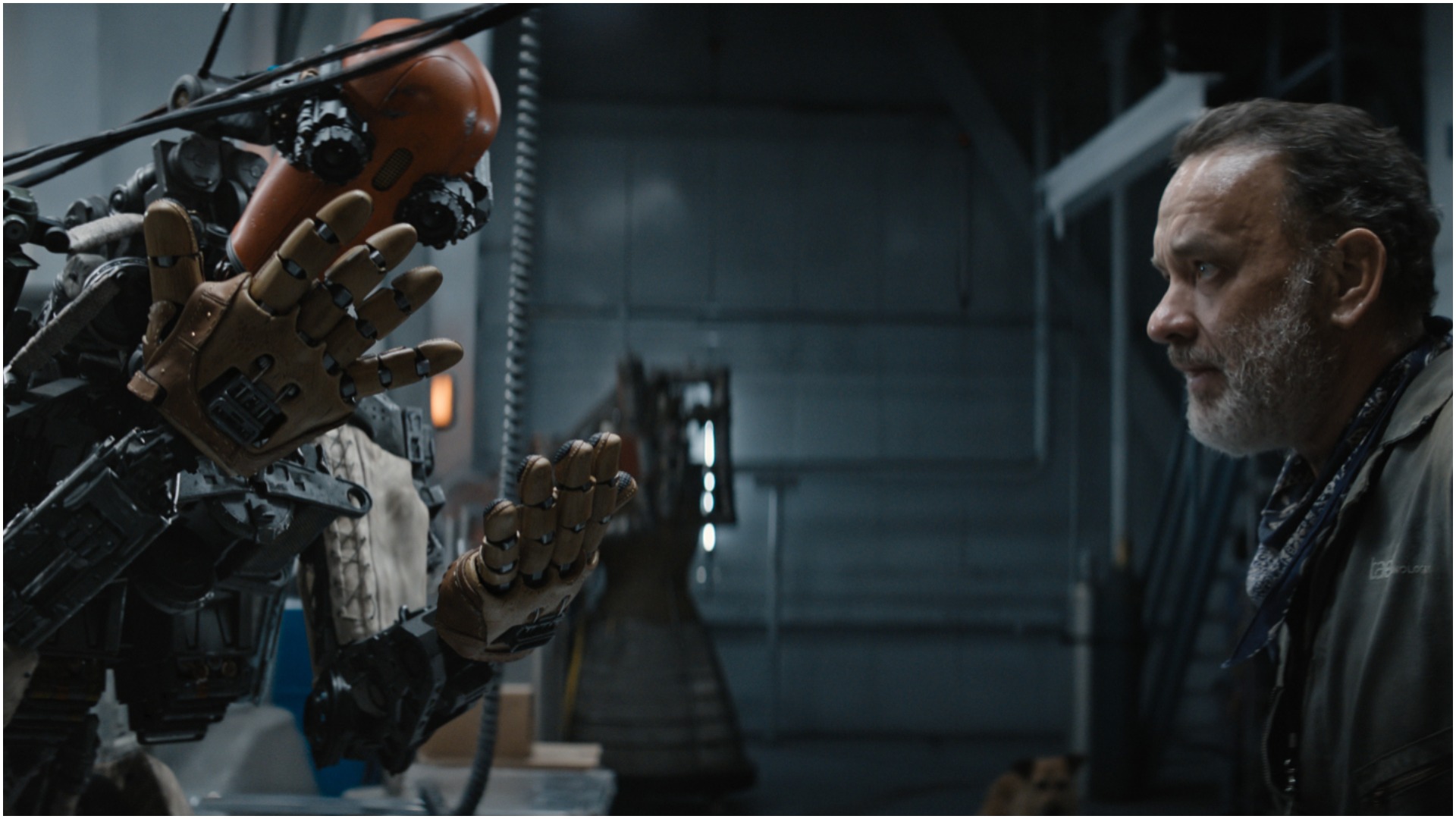
The visual effects work on Jeff is just incredible – he looks so real. Can you talk me through how he was made, and what the process was there?
Bringing all the latest movie news, features, and reviews to your inbox
It was a very interesting process where we designed Jeff for over a year, myself and Tom Meyer, the production designer. And then, once we had fully designed an articulated Jeff as a three dimensional digital character, then we brought in an actor, Caleb Landry Jones, who we auditioned, and who brought everything that Jeff is, really, [everything] apart from the way that Jeff looks was Caleb. And whereas initially we thought what we would do is we would have an actor play the part opposite Tom Hanks, and then we would use the basic principles behind the actor's action to then animate a CG character on top of him, Caleb just inhabited Jeff so absolutely, that we did most of the time a very simple transfer of information. So, whatever Caleb's actions were, they were then transferred into the CG character who was then laid on top of Caleb's image in the film, and that's what you get in the final movie.
But a lot of time and thought went into what Jeff looked like, particularly his face, and a lot of research into looking at all the robots that I've seen or grown up with, and trying to understand which ones really work and which ones fall short of my expectations. And lots of doodling, we did lots and lots of doodling. And then finally I just came up with the two eyes and this upside down mouth and it just made sense. And sometimes you have to trust your gut.
The central trio form this very sweet but strange little family. How did you balance the dynamics between Finch, Goodyear and Jeff?
Tom Hanks and Caleb Landry Jones came three weeks early to the shoot, and we spent three weeks in a room, going through the script and getting to know each other. And a dynamic developed in that room between the three of us. And then, at the end of each rehearsal session, Seamus the dog would come in, and we'd all hang out with Seamus the dog, and that became the foundation for how we were going to do the film. I was very keen to let it naturally evolve, and also it was a good opportunity for me to observe these two actors and this dog and just see what I could tweak within their relationships to get that ball rolling. And then we all individually brought things from our own lives, like I based a lot of Jeff on my daughter, and I feel like Tom and Caleb brought aspects of their own lives into their characters. So, we personalized everything.
But I think the important thing was you can write a script, but once you get the actors, you need to let the actors take the ball and run with it. And I was lucky because I had two actors that really wanted to do that. Because then, when you get to the edit room, you make the movie all over again, and you adjust it accordingly. But all of the nuances that were Jeff, and all of the little character details that were Finch, I think were an organic combination of all the work that we had done until we started shooting.
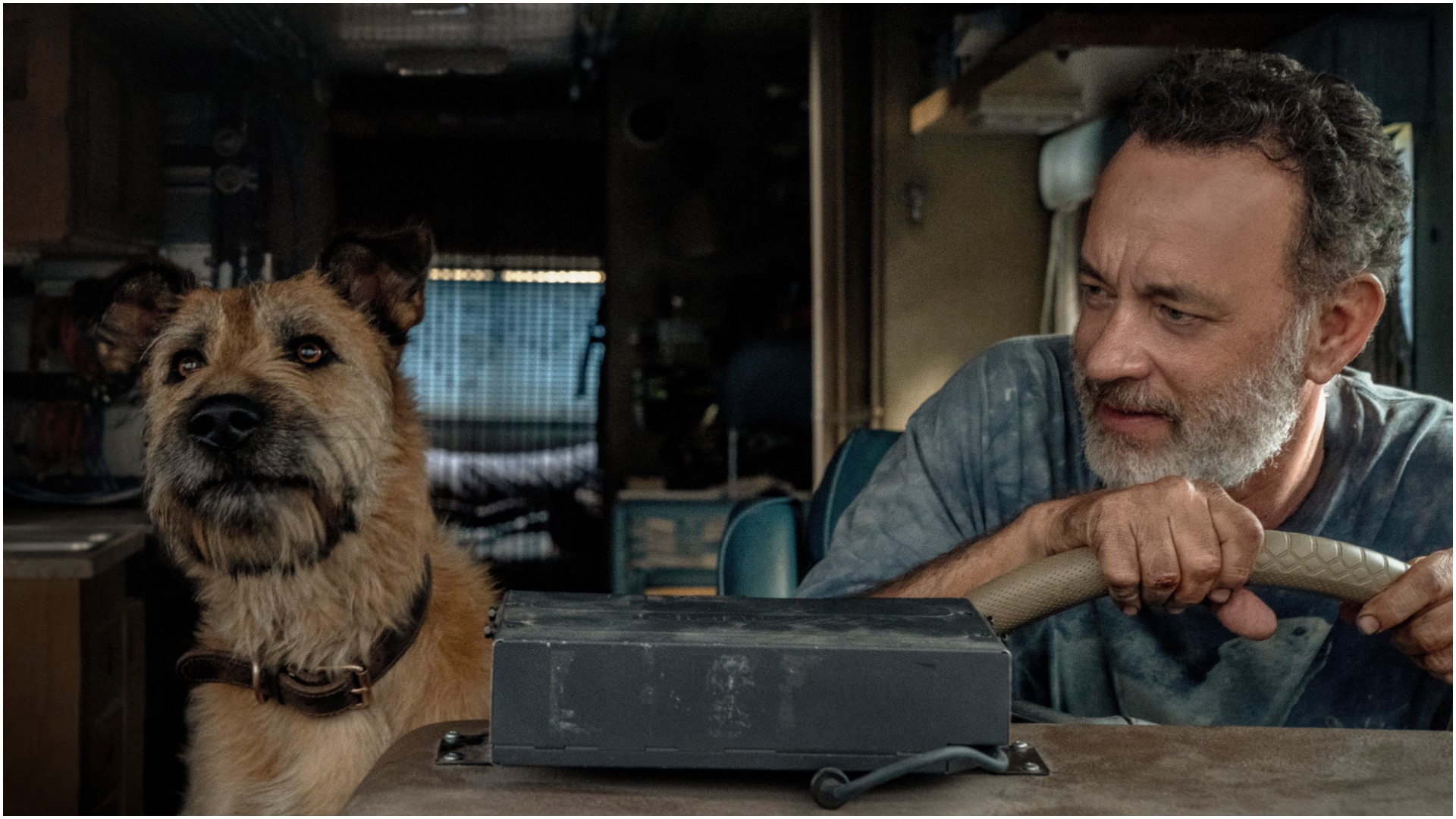
Finch is very worried about encountering other people on their travels, and a common theme in post-apocalyptic fiction is that humans can be more dangerous than the actual apocalypse itself. Do you think Finch is right to be so worried, because we get the sense that Jeff might be a lot more trusting?
I think that Finch's fear of humanity started long before there was an apocalypse. Tom and I talked about this a lot, I talked about this a lot with Ivor [Powell] and Craig [Luck], the writers – the idea for us, or what interested us, was the idea of taking a character who had already failed, and then making him the last bastion of humanity. And rather than taking the fine upstanding citizen, and giving them the task of being a hero, it was taking the most unlikely of characters and giving them that role. And so I feel like it was really important to have Finch both pour out all his fears onto Jeff, and for Jeff, in his innocence, to not be daunted by that. Because I think that's something that happens to us with our parents, right? Is that our parents, they grew up and they want to teach us all these things, but sometimes a lot of it is connected to their own fears, and we have to listen to what they have to tell us, but not be tainted by it so much that we aren't able to have our own experience.
Do you think the movie has anything to say about our current situation, which can feel very apocalyptic at times, especially over the last year or so?
I think unintentionally. We shot this film in 2019, and we got shut down, two days before we locked the picture, by the global pandemic that started. So it wasn't influenced by the pandemic, but its relevance jumped up significantly because of the pandemic. It definitely reflects something that unintentionally ended up happening. But I also think the pandemic is emblematic of a much larger problem that we're facing right now, which is somehow our inability to stop, look around, and wonder about what our impact is on the earth and how we might be responsible for it, and should probably start making some changes.
You're also co-showrunning House of the Dragon. How does that compare to Finch?
Very, very, very different. As I said, Finch is two actors and a dog. House of the Dragon is lots of dragons and lots of actors. [Laughs] They're very different experiences. But the practice is the same if you're a director, which is I always ask myself in any project that I'm involved in, whose story is it? Whose point of view is it? What am I trying to say, and is that getting in the way of telling the story? So I approach things from the same perspective. I think that making Finch was a welcome respite from making Game of Thrones and House of the Dragon. But it doesn't mean that I wasn't on set now and then, with an RV and a dog and a couple of actors, and I didn't wish that I had a dragon there too.
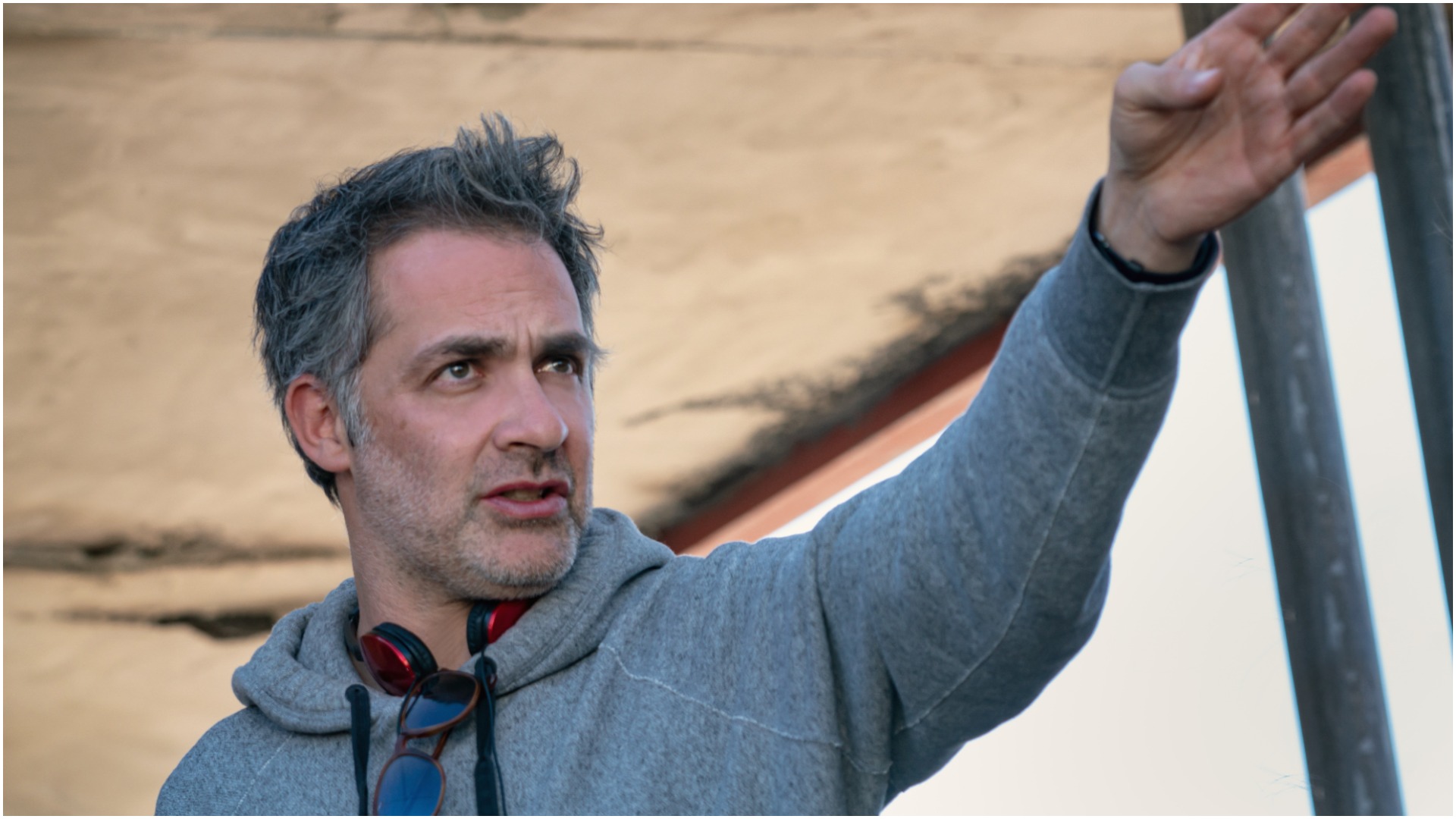
You mentioned having a small cast – did making a film with only one human main character throw up any unique challenges?
No, it was kind of wonderful, to be honest with you. You get to spend so much time with that person, whoever the actor is, you form a bond that you rarely get to do when your time is split amongst many other actors. And actually, I think I would have found it quite difficult – if Tom Hanks was in House of the Dragon, I would have felt like I had been robbed of the opportunity to work with him, because there are so many other things you have to pay attention to. Whereas with Finch, I found it was truly just an incredibly gratifying experience to work with someone that there was so much to learn from, but was also so ready to collaborate.
Robert Zemeckis is a producer on this project, and he's worked with Tom Hanks a lot before, and has made some very famous sci-fi films. How much input did he have on the project? And did you have a lot of conversations with him while you were making the movie?
I actually didn't get to meet Robert until after I had made the film, and I'd just done my first cut. And I sent it out to him and to Steven Spielberg and Amblin to watch, and then had a meeting with Robert. And he was very nice. But then he said something to me really early on which really stuck with me. He said, 'Miguel, you have to remember that, when people go to see a Tom Hanks movie, they want to see Tom Hanks.' We had actually initially made quite a darker movie. And I quickly realized that he was right. If everybody comes to the movie, and they can't recognize the character because you've gone so down into the psyche of this particular personality, they will feel like they're not watching a Tom Hanks movie. And so it was a very, very good piece of advice. And I took it to heart, and hopefully that reflects in the film.
You've worked on some sci-fi projects before. How did you find Finch different from them? And did you take anything from those projects, were they an inspiration on Finch at all?
I don't think so. We were very clear about approaching this movie as a non-science fiction movie, and tried to steep it in as much science as possible. And so having made things like Altered Carbon, Repo Men, and what have you, which are very much stylized, subjective perspectives of future worlds, with this one, it was very much about 'How can we make this as accessible as possible, and as realistic as possible?' And that has all of its own challenges, but it was exciting to be involved in something where we had to do the research and find out what happens when a gamma flare actually hits the world, and how often does it happen, and what are you going to do about it?
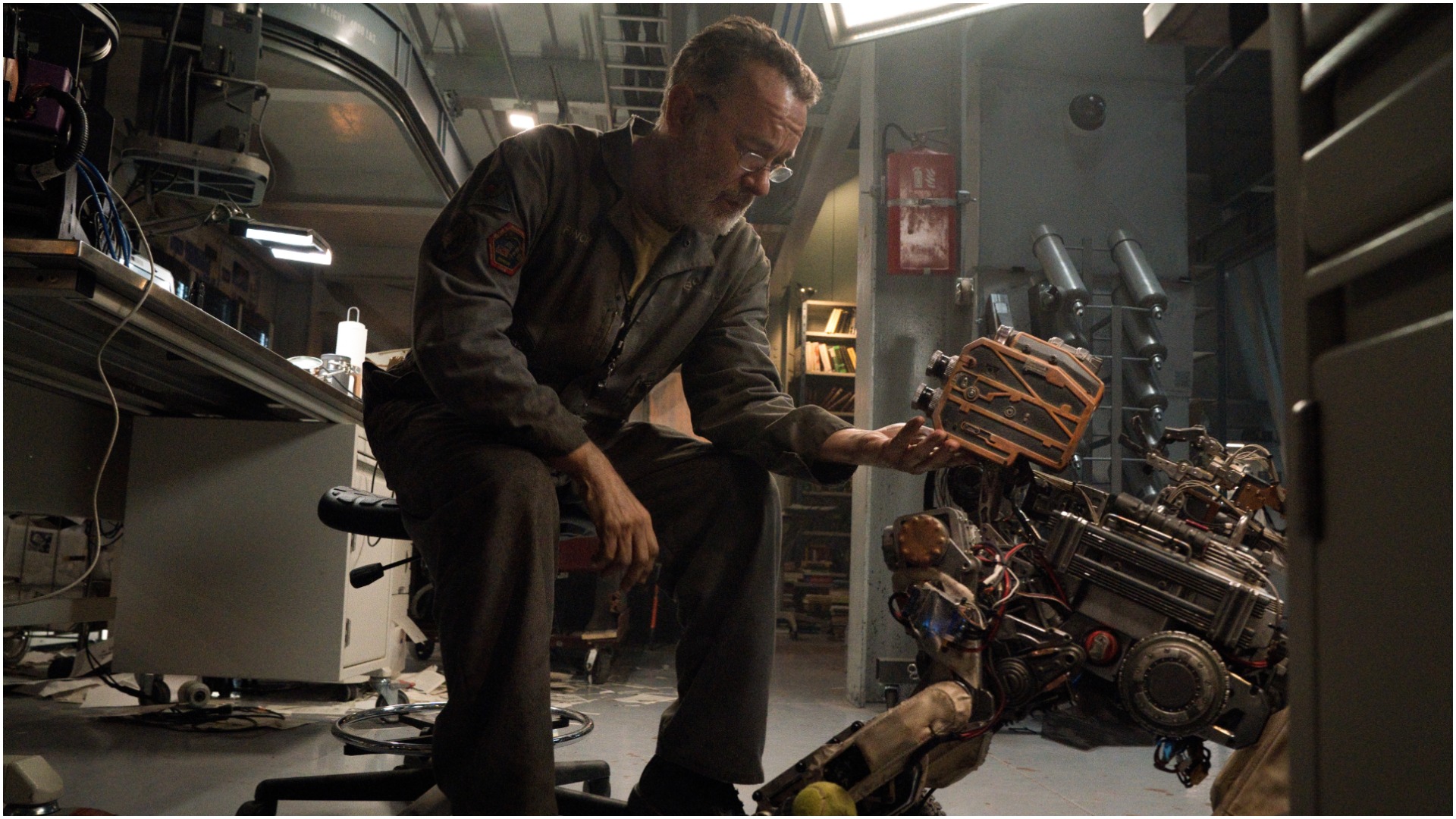
Speaking of the research, is that a very intense process? Did you do a lot of research into robotics, as well as the solar flares?
Yeah, definitely. I am a huge believer in prep and research, almost more so than watching films about the same subject, because I find when you watch films, it connects you with your own ego, and your fear of repeating things, and stuff like that, and I'd rather just approach it from the perspective of, I look at the world and what it reflects back is ideas that then I take and I try and make into a film. And so, preparation is everything. We talked to lots of scientists, experts, futurists, all sorts of people trying to ascertain what might really happen. And then we had to look at that, in the context of the story we were telling, because I think if you're too slave to reality, you can unhinge yourself a little bit in your storytelling. It was about sometimes choosing poetic license, other times trying to hold on to the basic principle of what would happen in a gamma flare but also, what was interesting is that the impact of a gamma flare is like a sped-up version of what's going on with climate change. Much more instantaneous, obviously, but equally, I don't think you can make a film about the future at the moment without considering where we're headed, but that was my attempt.
Finch arrives to Apple TV Plus this November 5. For everything else the next few months have in store for us, check out our roundup of all the major upcoming movie release dates.
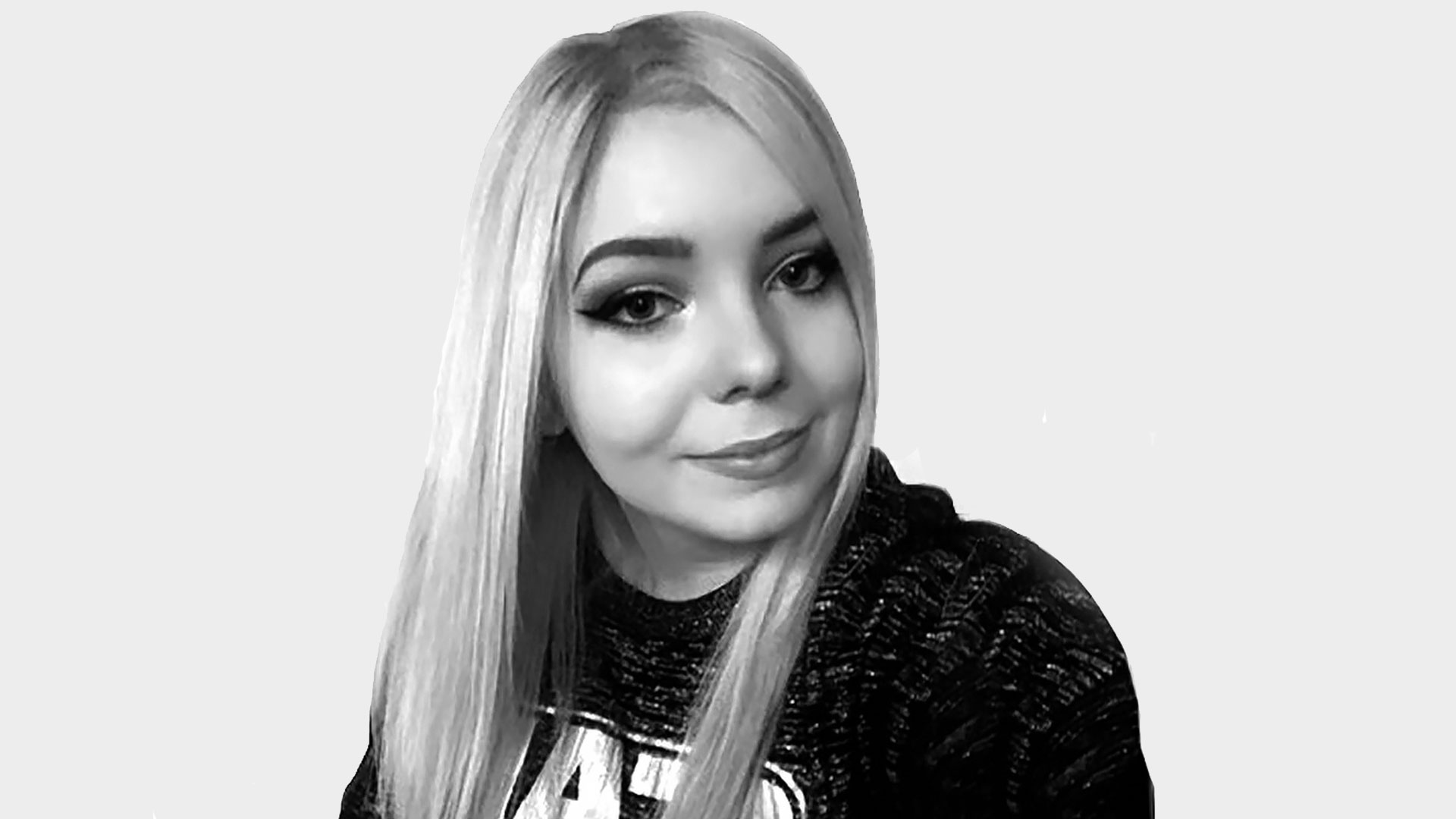
I'm the Deputy Entertainment Editor here at GamesRadar+, covering all things film and TV for the site's Total Film and SFX sections. I previously worked on the Disney magazines team at Immediate Media, and also wrote on the CBeebies, MEGA!, and Star Wars Galaxy titles after graduating with a BA in English.


